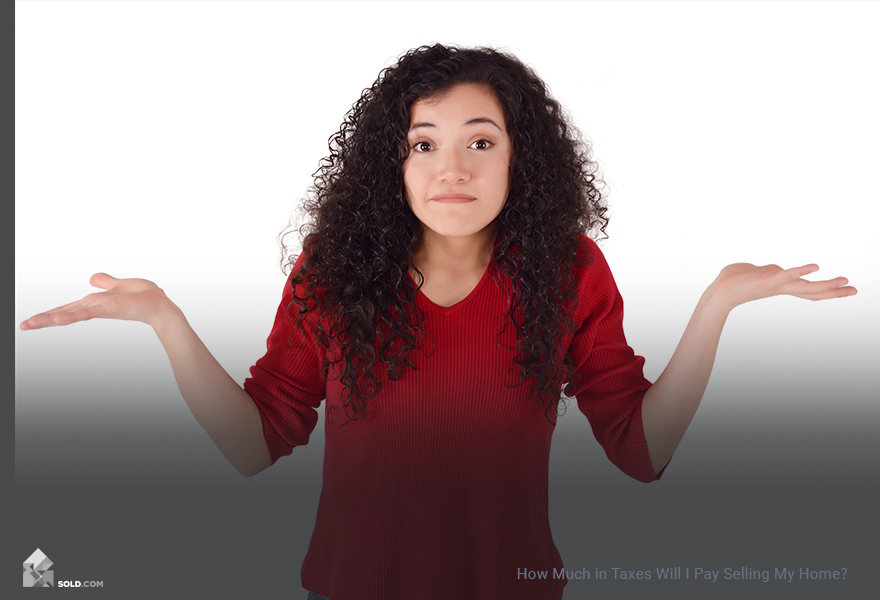
Tax implications are one of the most significant cost factors of your home sale. You’re well-advised to remain abreast of your local laws and regulations surrounding this. Read on for more information.
Will I Have To Pay Taxes?
That’s the big question, isn’t it? In 1997, the law changed, allowing anyone regardless of age, tax exclusions of $250,000 or $500,000 (if married). Amongst other things, this means that unless you’ve lived in your home for less than two of the past five years, you may well be exempt from taxes on its sale.
These are the IRS requirements for capital gain tax exemption on your home sale:
- The ownership test: you must have owned the home for at least two years.
- The use test: you must have lived in the home as your main residence for at least two years. This is particularly relevant to you if you rent out your home.
- You did not exclude the gain from another home sale during the two years ending on the sale date. In other words, you’re not double-dipping.
You are potentially eligible for the capital gains exemption multiple times, just not during that two-year period.
There are also IRS-specified exceptions to the two-year use test. These include:
- If your work location changed, mandating that you move to a new place.
- If you’re selling your home for health or medical concerns.
- Unforeseen circumstances that are forcing you to sell your home. These include natural disasters, acts of war, death, divorce, or separation.
How Do I Calculate What I Might Owe?
To calculate your capital gains tax, subtract your cost basis from your selling price. Your cost basis consists of:
- The purchase price for the home
- Any costs incurred during the transaction, such as agent commissions, title fees, escrow fees, etc.
- Improvements to the home, such as a new roof
You then need to subtract any accumulated depreciation you’ve seen throughout your ownership — and you have your cost basis. Your capital gains, then, is your home’s sale price minus the cost basis. If you’ve had a loss, this number will be negative. That means you didn’t have a capital gain — and thus, you will pay no capital gains tax. However, if your result is positive, you have made a profit, so subtract your exclusion amount and you’ll find out your taxable gain.
How to Avoid Capital Gains Tax When Selling Real Estate – Know The Rules
Here are a few tips for things to keep in mind when calculating your tax amount:
- Long-term capital gains are less than your ordinary tax rates on short-term gains.
- In the event that you got a First Time Homebuyer Credit when you first bought your home, you’ll have to repay it, either part or all.
- Excluding this gain does not mean you must buy a home of greater value. This once was the case, but no longer.
You may have to pay tax on part of the gain if you didn’t live in the home throughout your ownership. Keep this in mind, especially if you have rented the property at any point.

